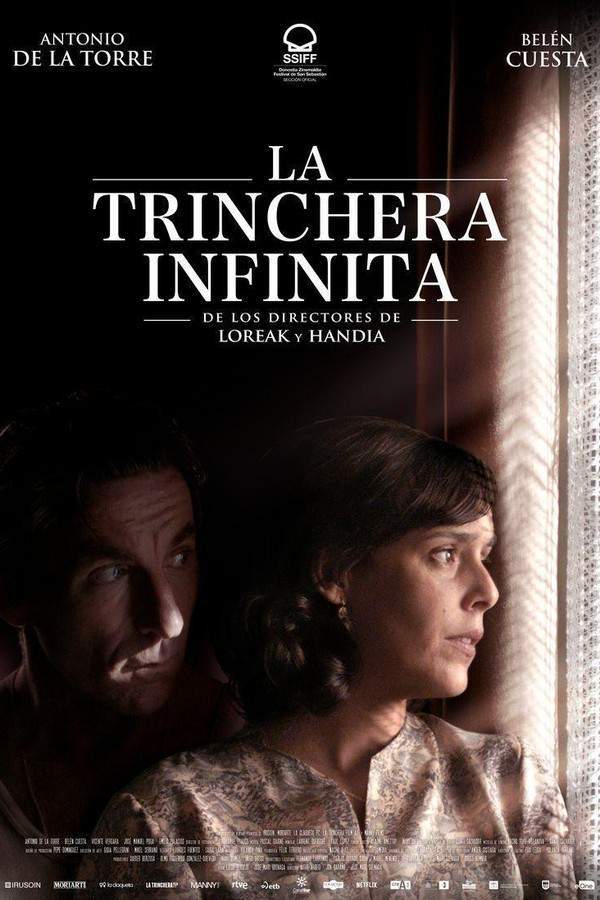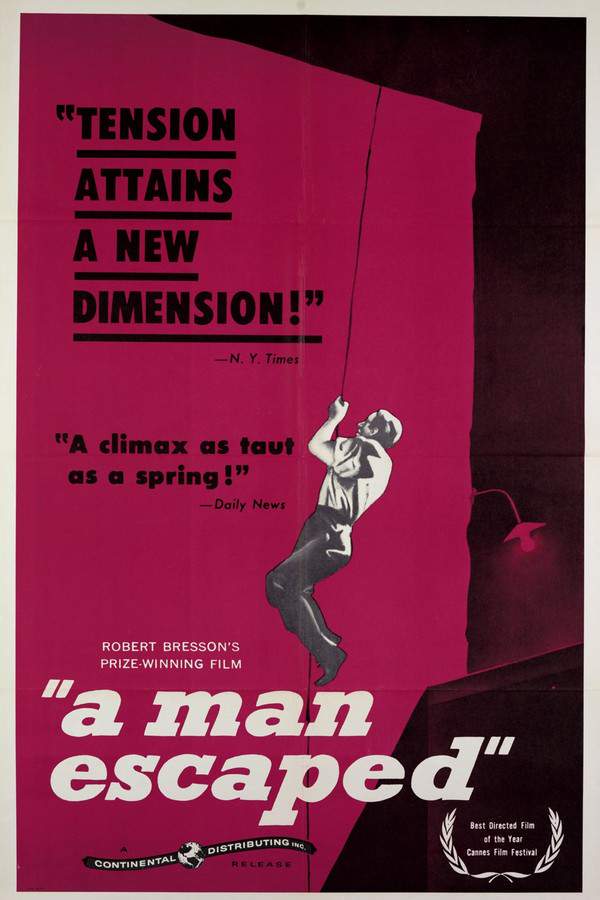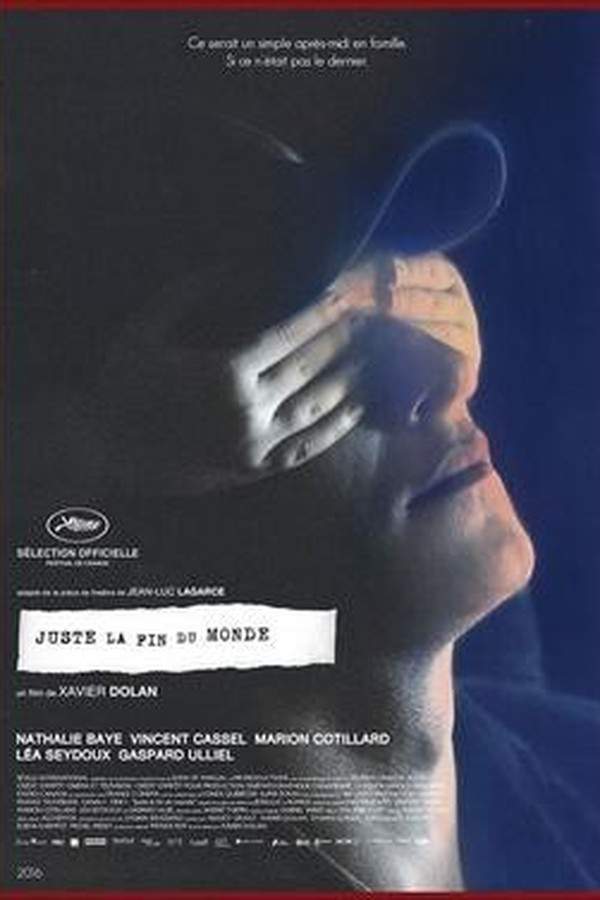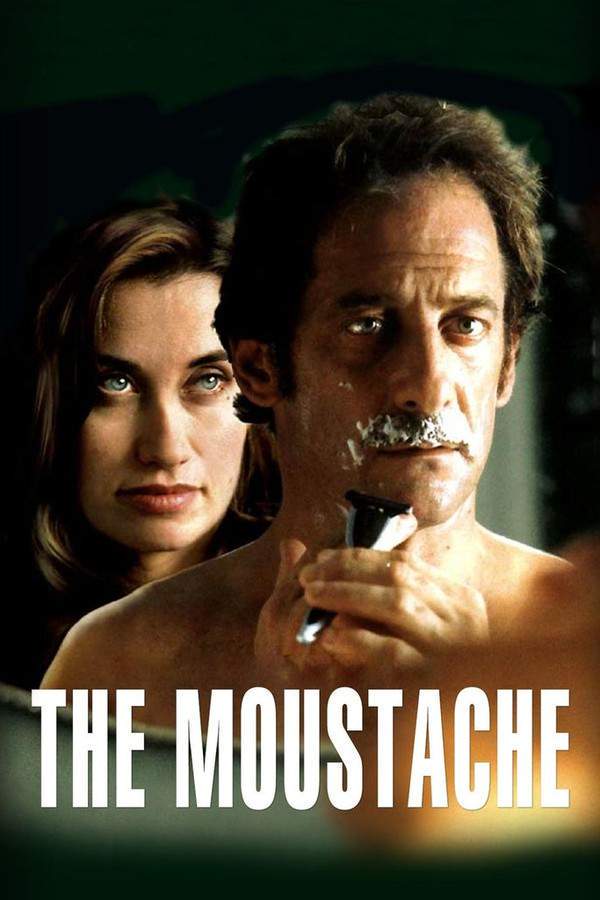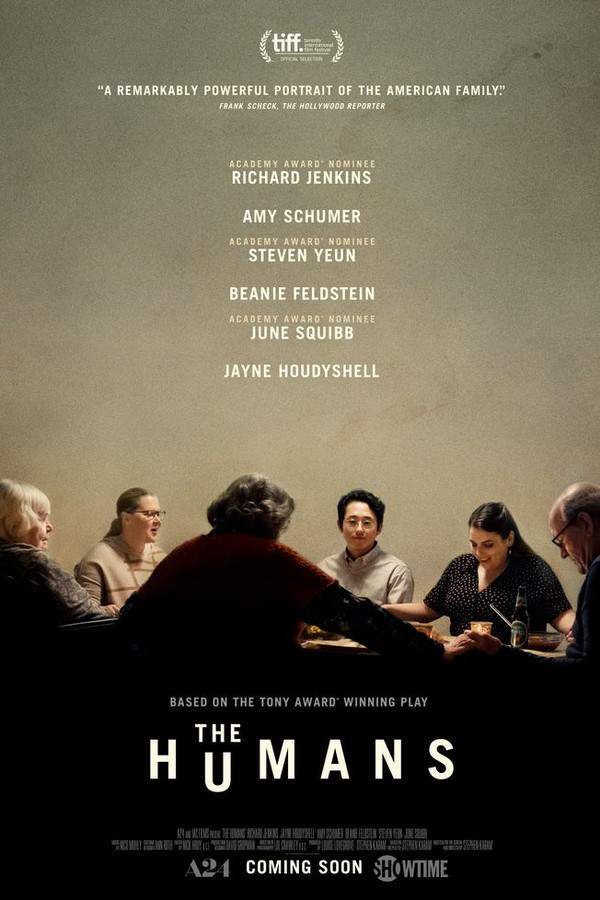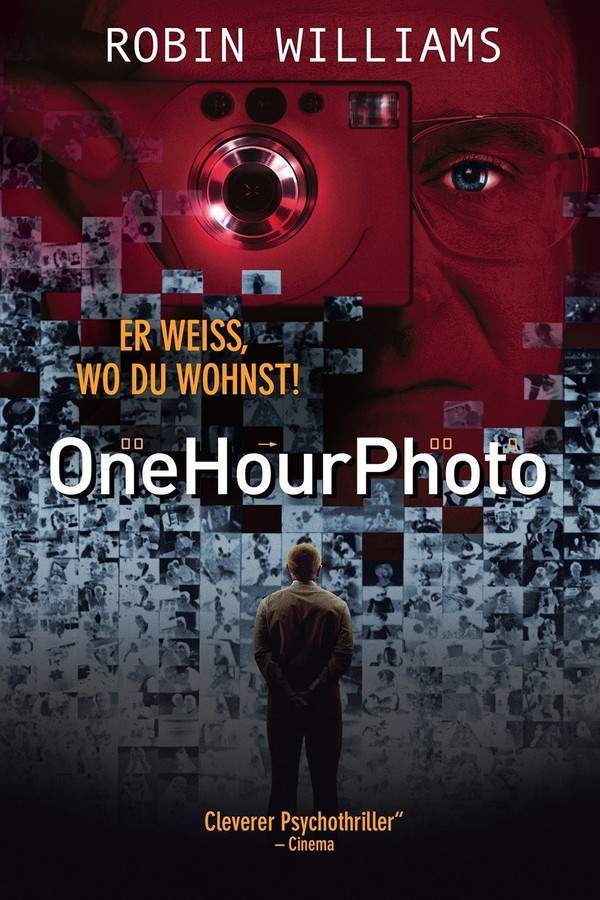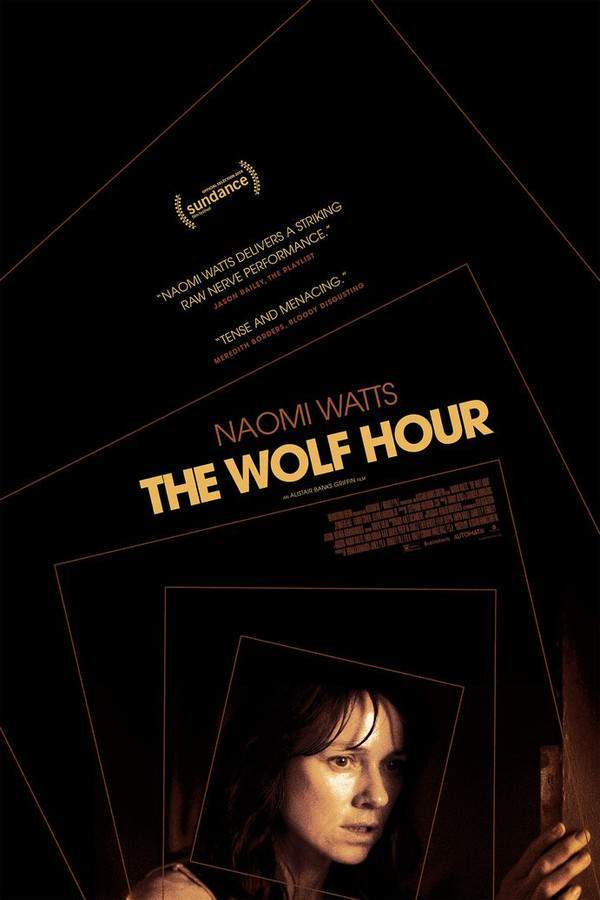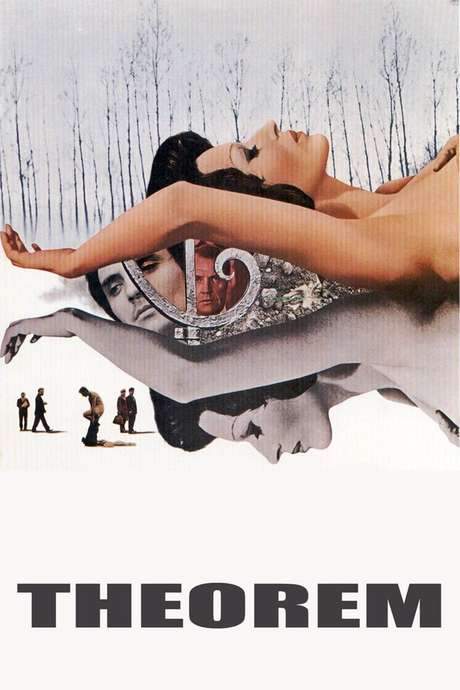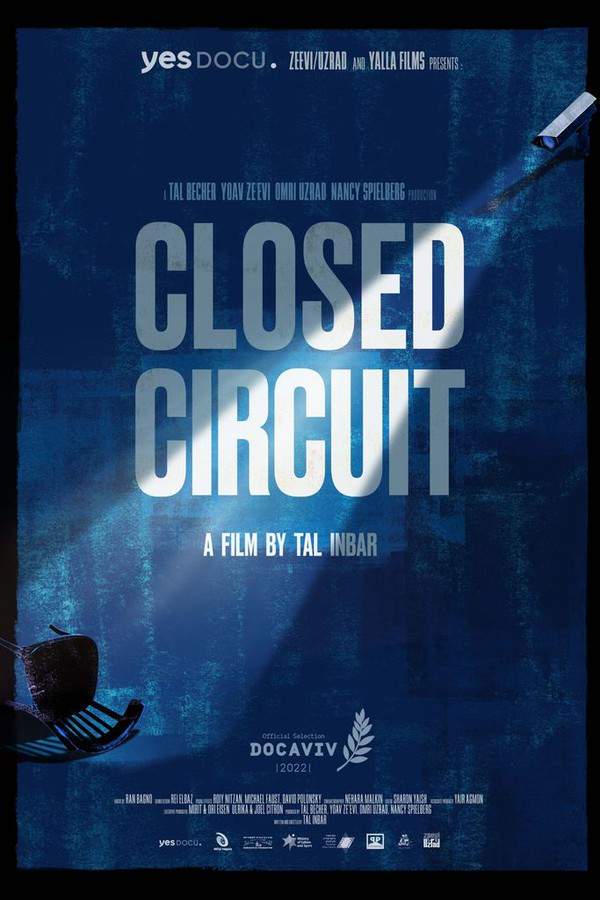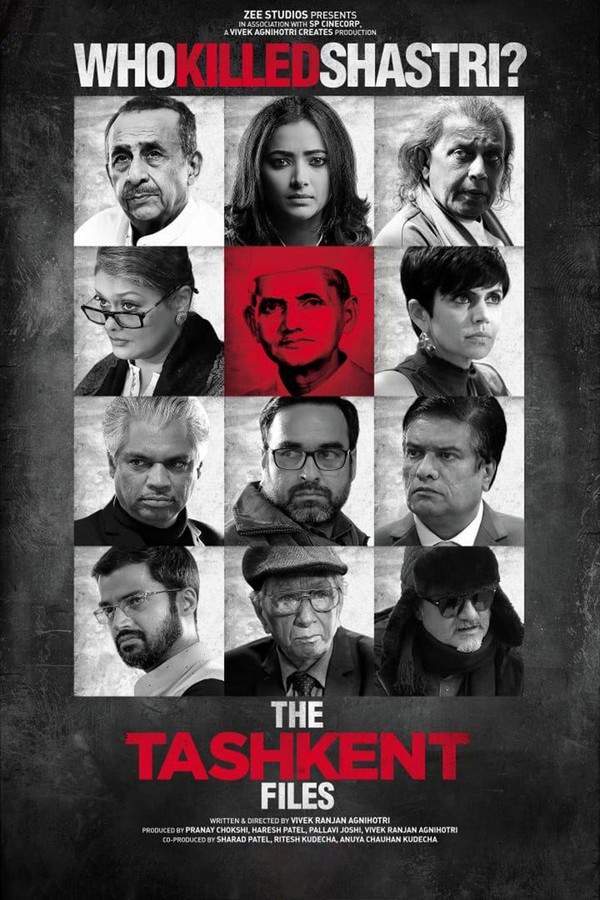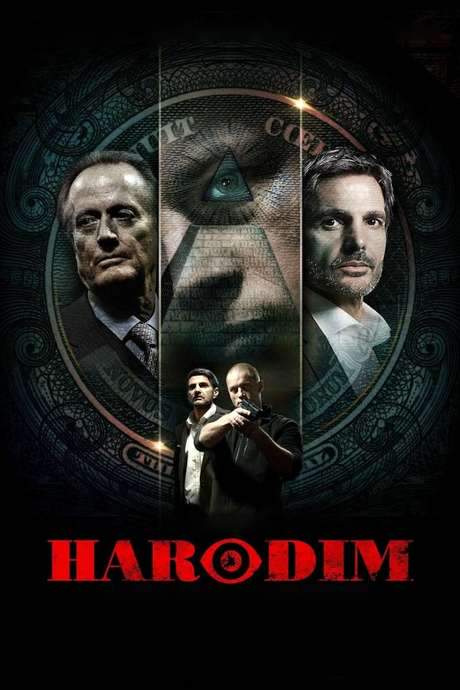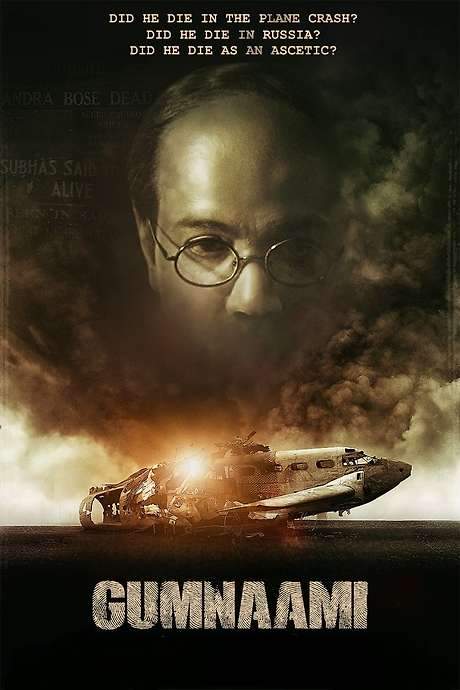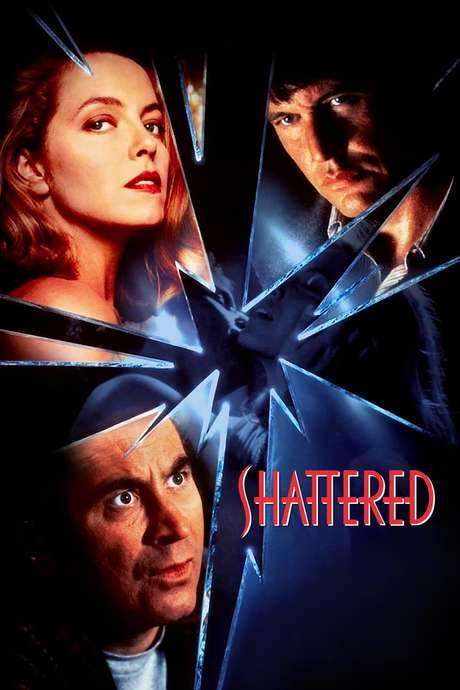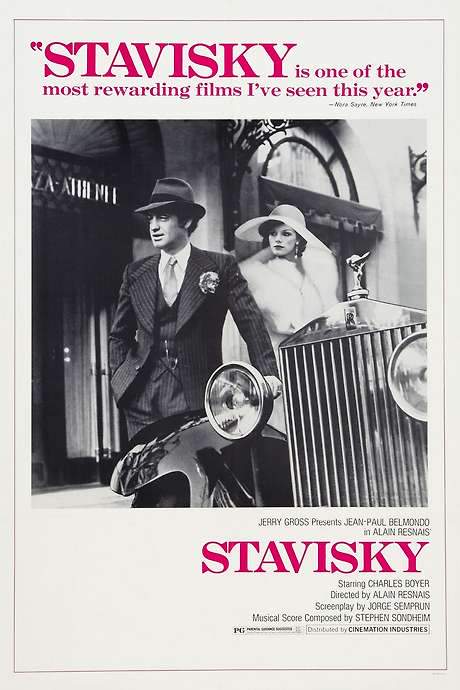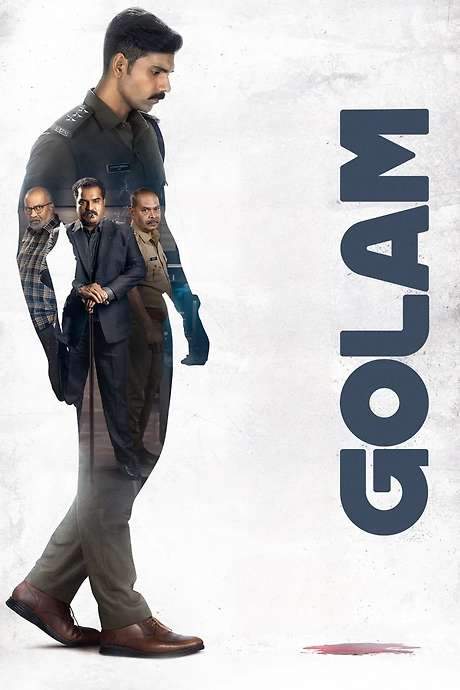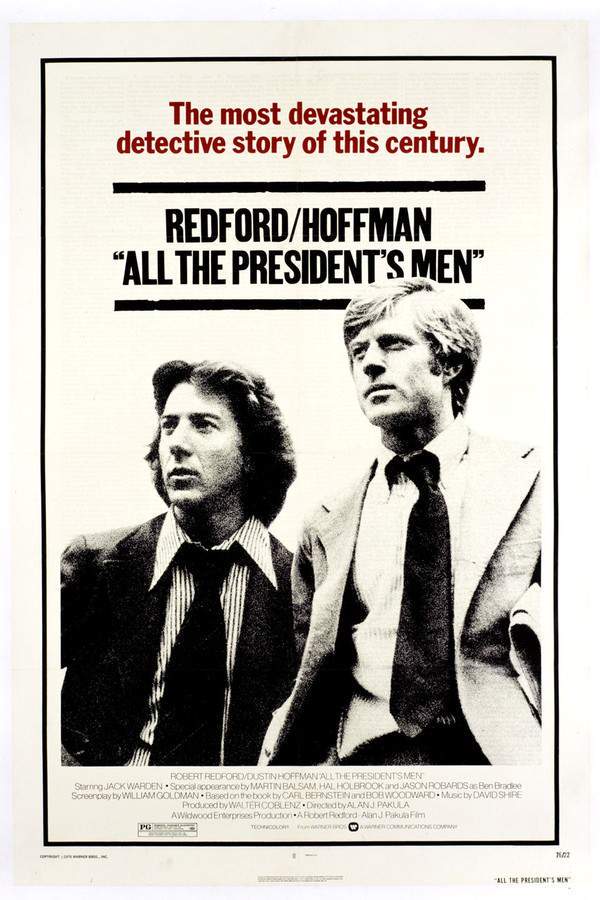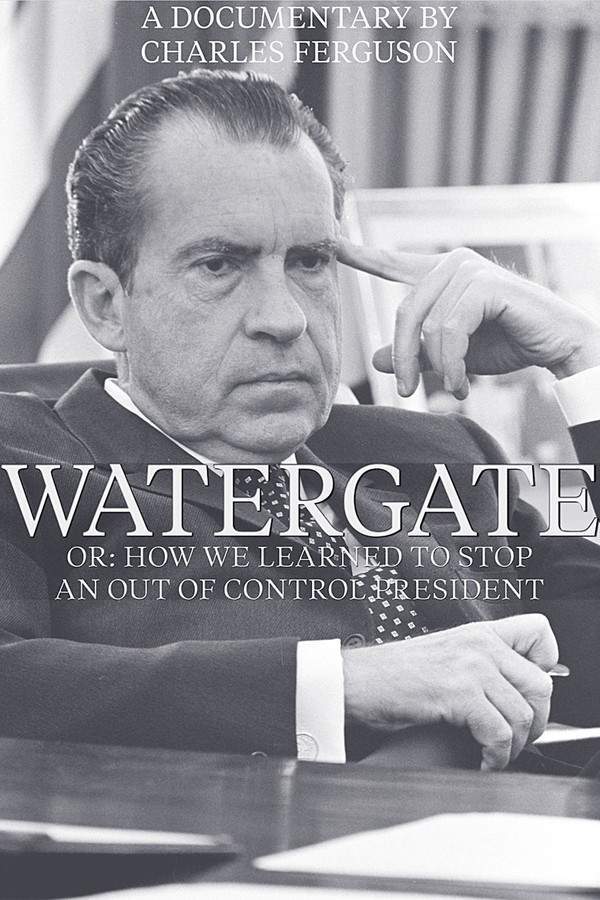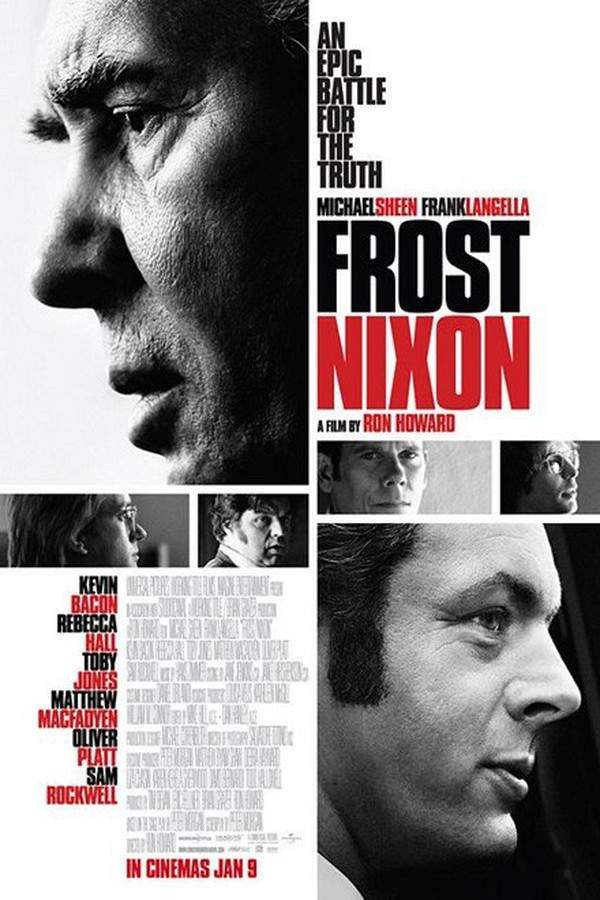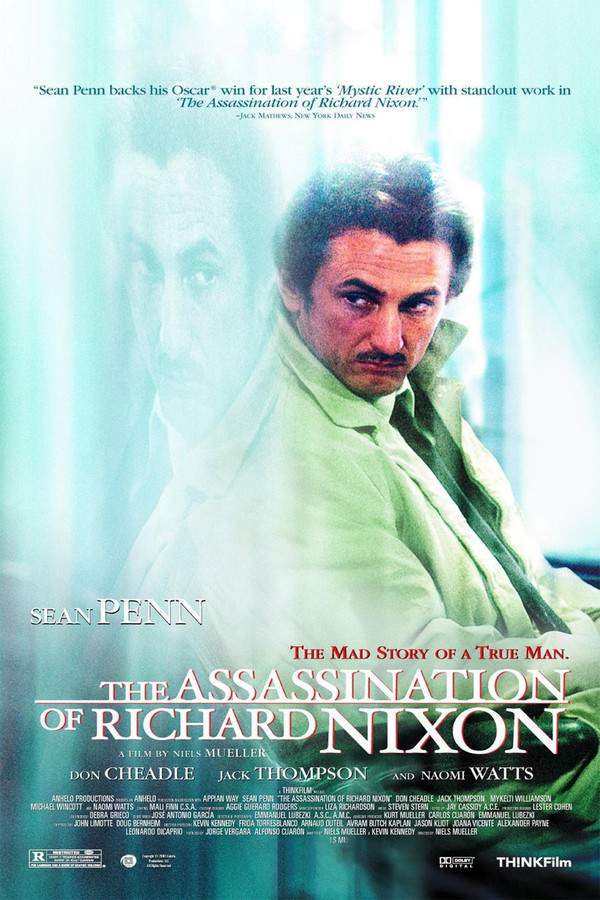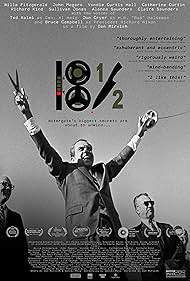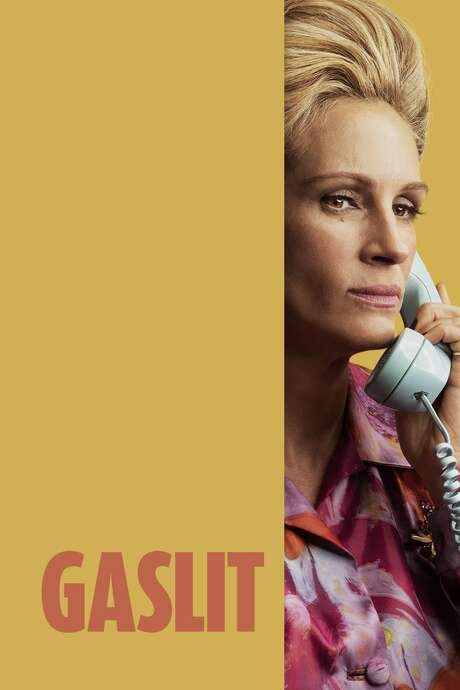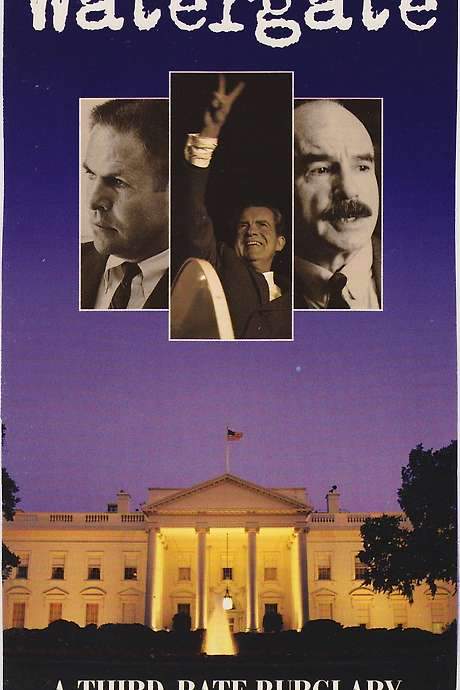
Secret Honor
Year: 1984
Runtime: 90 mins
Language: English
Director: Robert Altman
In a New Jersey study, Richard Nixon revisits the missteps of his political career, seeking to absolve himself for Watergate while denouncing President Gerald Ford’s decision to pardon him. His monologue delves into his life, upbringing and his mother, with only a tape recorder, a gun and whiskey as companions, and is tinged with the vitriol and paranoia that defined his public persona.
Warning: spoilers below!
Haven’t seen Secret Honor yet? This summary contains major spoilers. Bookmark the page, watch the movie, and come back for the full breakdown. If you're ready, scroll on and relive the story!
Secret Honor (1984) – Full Plot Summary & Ending Explained
Read the complete plot breakdown of Secret Honor (1984), including all key story events, major twists, and the ending explained in detail. Discover what really happened—and what it all means.
In a tense, character-driven meditation, Richard Milhous Nixon—a disgraced former president—paces a dim study in his Saddle River, New Jersey mansion during the early 1980s. A loaded revolver sits on the desk beside a bottle of Scotch and a running tape recorder, while closed-circuit cameras keep a watching chorus of eyes on him. What unfolds over approximately ninety minutes is a long, spiraling monologue that swerves between rage, suspicion, sadness, and disappointment as he traverses the contours of his controversial life and career. The mood is claustrophobic, the air taut with power and paranoia, and the room becomes a kind of confessional stage where memory and grievance are the main performers.
From the outset, the monologue is less a linear history and more a series of interlaced recollections that frequently derail into tangents. Nixon revisits the people who shaped his ascent and his fall, the voices that either supported him or betrayed him, and the forces he believes stood in his way. He speaks of his mother with fondness, paints Dwight Eisenhower with unmistakable anger, interacts with Henry Kissinger in tones that border on condescension, and grapples with John F. Kennedy through a blend of admiration and fury. As he probes these relationships, the narrative voice often shifts with his mood: when anger rises, the speech becomes jagged and disjointed, and if the speaker senses drifting from the point, he directs the unseen transcriber, a character named Roberto, to edit out the digressions and return to a calmer moment earlier in the tape.
Throughout this self-portrait, the former president’s view of himself mutates. At times, he casts himself as a man of the people, insisting that he understood failure and could relate to the average American who had toiled and fought to reach the top. He dwells on humble origins and the relentless effort that propelled him upward, recounting the setbacks he faced and how he supposedly overcame them. Yet these moments of self-affirmation quickly blur into self-pitying rants about being an innocent martyr, ruined by malevolent and hypocritical forces. He vacillates between self-deprecating portraits and self-congratulatory boasts, but he rarely dwells on his own faults for long, preferring to blame others for what he sees as misfortune. A persistent thread is his insistence that Watergate is not relevant to his legacy and that he never committed a crime; since he was never charged, he contends, there is no need for a pardon. He even argues that the pardon he received from Gerald Ford tainted him in the public eye, because—by his own logic—accepting a pardon implies guilt.
The talk grows more conspiratorial as he lifts the veil on his supposed entanglement with a political network he alternately names “the Bohemian Grove” and “The Committee of 100.” He suggests they are concerned with a heroin trade in Asia, and contends he pursued their power and influence as much as a belief in their alleged willingness to bring democracy to Asia. Yet after a pivotal 1972 vote, he claims they shifted their orders: keep the Vietnam War alive at all costs and push for a third term so they can continue the arrangement with him as their instrument. There comes a chilling admission that, at some point, he decided he never wanted to be remembered as the president who sacrificed thousands of soldiers for drug money, so he staged Watergate as a means to exit office while still maintaining broad public support. In his telling, he places blame not on himself but on a public that would rather see him fail, labeling himself a hustler and a thief who believes many of the same people are complicit in the deception.
The tension of the room builds as he chamber-by-chamber weighs the moral and political calculus of his actions. He gestures to the camera feeds, the tape recorder, and the looming specter of his own legacy, wrestling with the idea that a single moment could redefine a life spent in the glare of power. The monologue moves toward a desperate, almost ritual conclusion: he reaffirms his resolve not to end his life, even as the weight of his narrative presses down on him. The final act of the scene culminates in a dramatic demonstration of defiance. He pulls back the hammer on the gun and holds it to his head for a breathless beat, then lets it fall back to the desk. With a fierce, almost apostrophic deliverance, he declares a defiance that becomes his last power move on camera: “They wanted me to kill myself. Well, I won’t do it. If they want me dead, they’ll have to do it… Fuck ‘em.” The moment is reinforced by the haunting visual of the same two words looping across all the closed-circuit monitors in staggered intervals, until the sequence slides into static, leaving the room to a growing, unsettling chant of “Four more years!”
What follows is a careful, almost clinical exploration of how memory, reputation, and power intertwine in the mind of a man who insists on telling his own truth, even as the truth remains contested and fraught. The piece is a study in how one former leader negotiates legacy, blame, and sanity while surrounded by screens, sound, and the echo of a career that refuses to fade. It remains a stark, unflinching portrait that never shies away from uncomfortable questions about duty, loyalty, and the costs of ambition—all directed through the warped glow of a man who believes his narrative is both his vindication and his final indictment.
Last Updated: October 09, 2025 at 14:48
Explore Movie Threads
Discover curated groups of movies connected by mood, themes, and story style. Browse collections built around emotion, atmosphere, and narrative focus to easily find films that match what you feel like watching right now.
Solo psychological dramas like Secret Honor
Intense, single-location journeys into a fractured mind under pressure.Explore movies like Secret Honor that feature a single, intense character study. These films often take place in one room and delve deep into a fractured psyche through powerful monologues. If you liked the claustrophobic tension of Richard Nixon's self-justification, you'll find similar unsettling character explorations here.
Narrative Summary
Narratives in this thread revolve around a single protagonist grappling with their past, their actions, or their sanity, often in real-time within a limited setting. The plot is the character's internal conflict made external through speech and solitary actions, leading to an ambiguous or unresolved psychological state.
Why These Movies?
These films are grouped by their shared focus on a single character's intense psychological journey, their use of a confined setting to heighten tension, and their heavy emotional weight derived from introspection and moral reckoning.
Political downfall stories with unreliable narrators like Secret Honor
Spiraling monologues from disgraced figures questioning their own legacy.Find movies similar to Secret Honor that delve into the minds of disgraced political figures. These stories often feature an unreliable narrator re-examining their legacy, blending fact with paranoid fiction. If you enjoyed the complex, angry self-analysis of Nixon's monologue, you'll appreciate these psychological portraits of power and corruption.
Narrative Summary
The narrative pattern follows a fallen protagonist as they retrospectively piece together the events leading to their downfall. Their narration is often non-linear, digressive, and highly subjective, forcing the viewer to question the truth of events and sit with the discomfort of an unrepentant or self-deluded character.
Why These Movies?
Movies in this thread share a focus on themes of political corruption, tarnished legacies, and the psychology of denial. They utilize complex, unreliable narration, a tense and heavy tone, and often end on an ambiguous note regarding the character's accountability or sanity.
Unlock the Full Story of Secret Honor
Don't stop at just watching — explore Secret Honor in full detail. From the complete plot summary and scene-by-scene timeline to character breakdowns, thematic analysis, and a deep dive into the ending — every page helps you truly understand what Secret Honor is all about. Plus, discover what's next after the movie.
Secret Honor Timeline
Track the full timeline of Secret Honor with every major event arranged chronologically. Perfect for decoding non-linear storytelling, flashbacks, or parallel narratives with a clear scene-by-scene breakdown.

Characters, Settings & Themes in Secret Honor
Discover the characters, locations, and core themes that shape Secret Honor. Get insights into symbolic elements, setting significance, and deeper narrative meaning — ideal for thematic analysis and movie breakdowns.

Secret Honor Spoiler-Free Summary
Get a quick, spoiler-free overview of Secret Honor that covers the main plot points and key details without revealing any major twists or spoilers. Perfect for those who want to know what to expect before diving in.

More About Secret Honor
Visit What's After the Movie to explore more about Secret Honor: box office results, cast and crew info, production details, post-credit scenes, and external links — all in one place for movie fans and researchers.

Similar Movies to Secret Honor
Discover movies like Secret Honor that share similar genres, themes, and storytelling elements. Whether you’re drawn to the atmosphere, character arcs, or plot structure, these curated recommendations will help you explore more films you’ll love.
Explore More About Movie Secret Honor
Secret Honor (1984) Scene-by-Scene Movie Timeline
Secret Honor (1984) Movie Characters, Themes & Settings
Secret Honor (1984) Spoiler-Free Summary & Key Flow
Movies Like Secret Honor – Similar Titles You’ll Enjoy
All the President's Men (1976) Complete Plot Breakdown
Watergate (2018) Spoiler-Packed Plot Recap
Frost/Nixon (2008) Plot Summary & Ending Explained
The Assassination of Richard Nixon (2004) Ending Explained & Film Insights
Nixon (1995) Full Summary & Key Details
18½ (2022) Spoiler-Packed Plot Recap
Tricky Dick (1000) Complete Plot Breakdown
The Final Days (1989) Story Summary & Characters
Gaslit (1000) Complete Plot Breakdown
Watergate: Blueprint for a Scandal (1000) Film Overview & Timeline
White House Plumbers (1000) Spoiler-Packed Plot Recap
State of the Union (1948) Detailed Story Recap
Watergate (1000) Story Summary & Characters
All the King’s Men (1949) Detailed Story Recap
The Secret Bride (1934) Film Overview & Timeline

